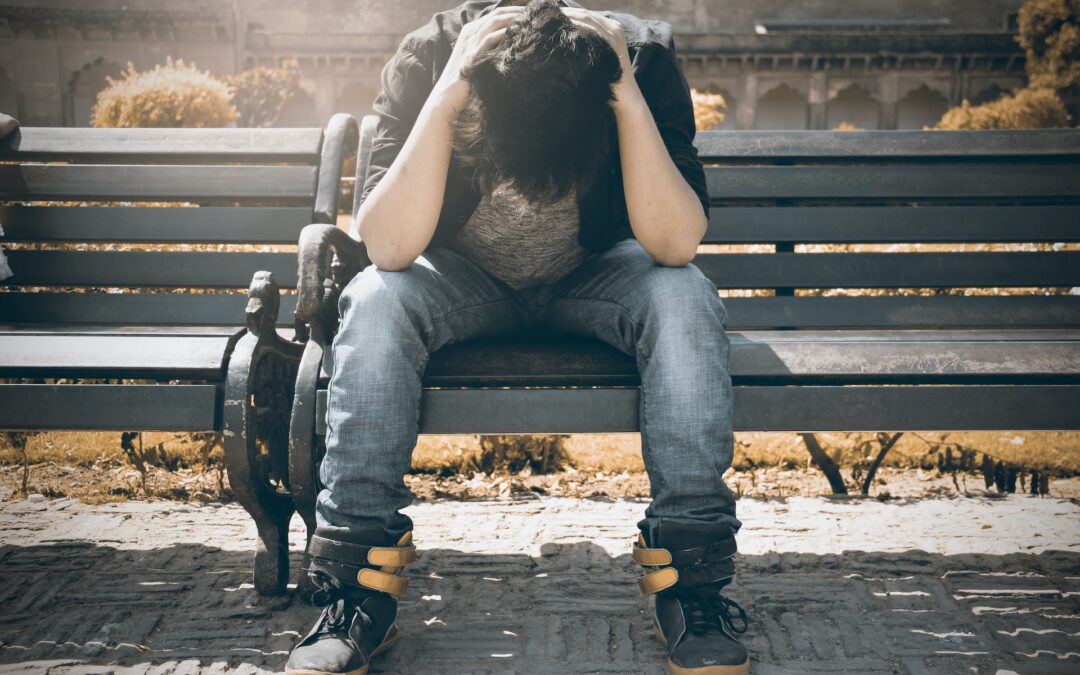As a parent, it’s natural to worry about your child’s emotional well-being. But it can be difficult to know if your child is just going through a normal phase or if they may be depressed. Depression is a serious mental illness that can have a profound impact on children and adolescents. It is essential to be aware of the signs and symptoms of depression in order to get early help and treatment.
Here are some subtle signs that your child may be depressed that you can look out for:
1. Changes in Mood or Behavior
One of the first signs that your child may be depressed is a change in mood or behavior. If your child seems unusually sad, irritable, or angry, this may be a sign of depression. You may also notice that your child has lost interest in activities that they used to enjoy or that they are withdrawing from friends and family.
2. Persistent Sadness or Irritability
Feeling sad or irritable most of the time is another common sign of depression in children. You may notice that your child is crying more often than usual or that they seem to be in a bad mood all the time. You may also notice that your child is having difficulty enjoying activities that they used to enjoy or that they are withdrawing from friends and family.
3. Changes in Appetite or Weight
If your child is depressed, they may lose interest in food and lose weight, or they may overeat and gain weight. You may notice that your child’s appetite has changed or that they are eating more or less than usual. You may also notice that your child has lost or gained weight.
4. Difficulty Concentrating
Having difficulty concentrating is quite a common problem among children. This is due to the many distractions they encounter around them. However, if your child is depressed, they may have an even harder time focusing on schoolwork and other activities. You’ll notice they start making more mistakes than usual, or they have difficulty completing tasks. They may also have a hard time making the simplest decisions.
5. Changes in Sleep Patterns
If your child is depressed, they may have difficulty falling asleep, or they may sleep more than usual. You may notice that your child is having difficulty falling asleep or that they are sleeping more or less than usual. You may also notice that your child is waking up earlier than usual or that they are having difficulty staying awake during the day.
6. Plunging Self-Esteem
Depression can cause your child to lose interest in activities they once enjoyed and to feel worthless. They may feel like they are not good enough or that they are not worth anything. You may notice that your child is not participating in activities they once enjoyed or that they are withdrawing from friends and family.
Conclusion
There are a few key signs to watch out for if you think your child may be depressed. These include withdrawal from friends and activities, loss of interest in things they used to enjoy, changes in eating and sleeping habits, and more. If you notice any of these signs, it’s important to talk to your child and get them professional help if needed.
It’s hard seeing your child suffer from depression and other mental health issues. That’s why you need to work with a professional you can trust. Sarah J. Person, LCSW-R, is trained in trauma-focused therapy, psychodynamic therapy, and CBT, other evidence-based practices. She is passionate about helping her clients heal from trauma and improve their lives. If you’re looking for a licensed psychotherapist in Long Island who can help you or your child, please contact Sarah J. Person, LCSW-R, to set up a free consultation.


